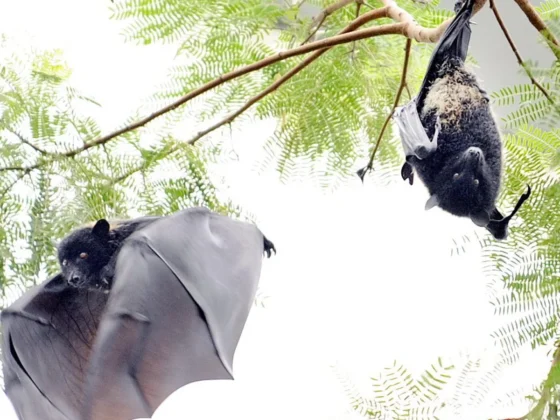A recent WHO report suggests that half of India’s adult population is physically unfit. However, data collection from only three states and one Union Territory raises concerns about the study’s accuracy. According to Health Minister J P Nadda
A recent World Health Organization (WHO) report claims that half of India’s adult population is physically unfit. However, Union Health Minister J P Nadda has pointed out significant flaws in the study’s methodology. Which relied on data from only three states and one Union Territory (UT). Nadda addressed these concerns in the Lok Sabha on Tuesday.
Defining Physical Activity
According to the WHO, ‘sufficient physical activity’ means engaging in either 150 minutes of moderate-intensity activities, like brisk walking or light lifting, or 75 minutes of vigorous-intensity activities, such as running or playing outdoor games, each week. This information is gather through self-reported responses, where individuals report their physical activity lasting at least 10 minutes.
Data Collection Issues
Nadda mentioned that the Indian Council of Medical Research (ICMR) conducted a study titled “Physical Activity and Inactivity Patterns in India” in 2014. This study, part of the ICMR-INDIAB Study (Phase 1), found that 54.4% of the sampled adult population was insufficiently physically active. However, the study’s data came only from Tamil Nadu, Maharashtra, Jharkhand, and the UT of Chandigarh.
Extrapolation Concerns about WHO
Based on this limited data, the WHO, in collaboration with the medical journal Lancet, published an article stating that the prevalence of insufficient physical activity among Indians increased from 22.3% in 2000 to 49.4% in 2022. Nadda criticized this approach, noting that the WHO extrapolated these results through a modeling technique, which could lead to inaccuracies. The projections for 2030 were also based on these extrapolations, further questioning the report’s reliability.
Global Perspective on Physical Activity
The WHO’s Global Status Report on Physical Activity 2022 also examined physical activity levels in adults over 18 years old worldwide. High-income countries like the USA (33.7%), Canada (37.2%), and Japan (44.7%) also reported high levels of physical inactivity. This indicates that physical inactivity is a global issue, not just limited to India.
Government Initiatives to Promote Fitness for WHO
In response to these findings, the Indian government emphasizes health promotion and awareness. Initiatives like the ‘Fit India Movement’ encourage people to stay active and healthy. Additionally, the National Programme for Prevention and Control of Non-Communicable Diseases (NP-NCD) promotes various activities for healthy living, including physical exercises.
Read Also- WHO Initiates New Efforts to Develop mRNA Vaccine for Bird Flu
While the WHO report highlights a concerning trend of physical inactivity among Indian adults, the reliance on data from a limited geographical area raises questions about its accuracy. The Indian government continues to promote fitness and healthy lifestyles through various national programs.







